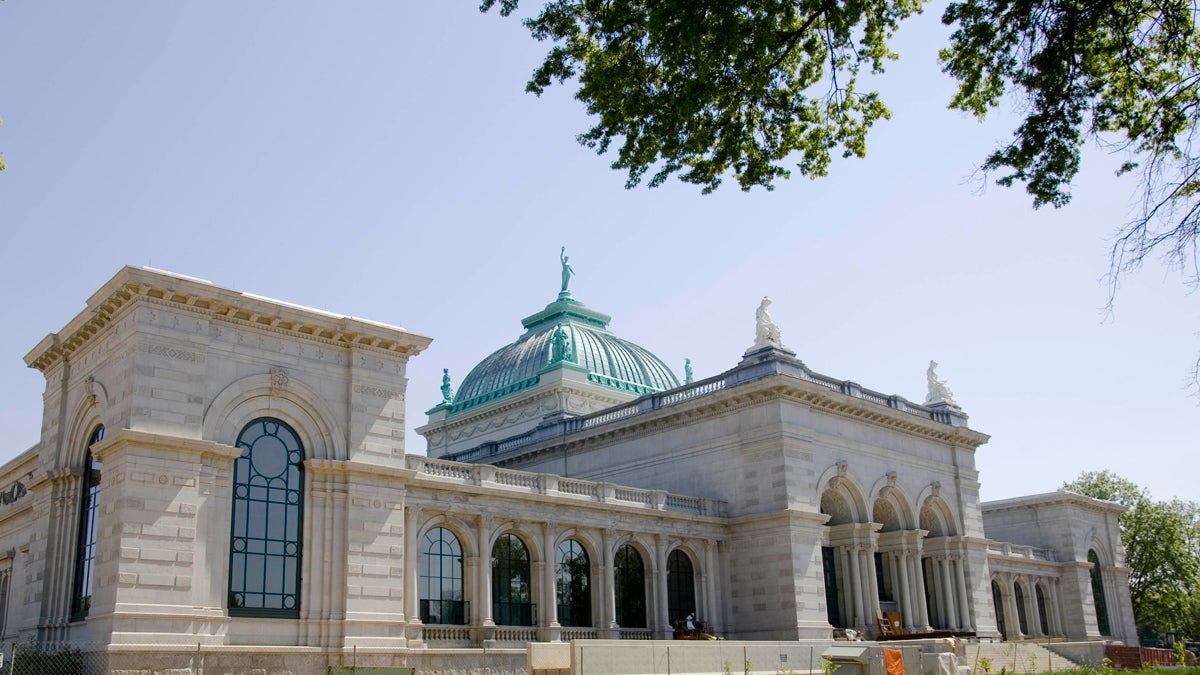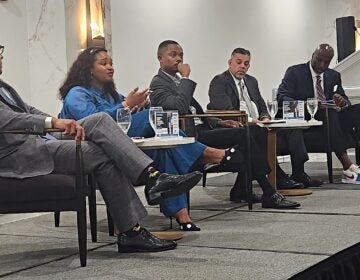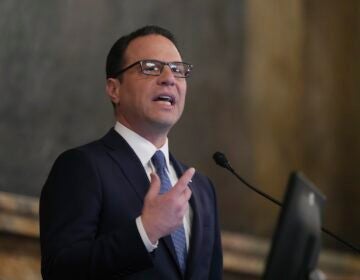Please Touch Museum backers want $58 million immediately

Memorial Hall, one of the jewels of the Centennial Exposition of 1876 and home to the Please Touch Museum. (Matt Rourke/AP Photo, file)
Consequences are starting to pile up for Philadelphia’s Please Touch Museum, which failed to make a payment to its bondholders in March – its second missed payment in a span of six months.
On July 1, Standard & Poor’s lowered its bond rating to D, but that may be the least of its worries.
Because of the default, bondholders were able to invoke their right to demand payment of the full principal – about $58 million – immediately.
For nonprofit organizations such as the museum, sources of revenue can be limited, making bankruptcy a very real concern, according to Elizabeth Keating, an Urban Institute fellow and professor of accounting at Boston University.
“They’ve legally broken a contract with the bondholders, and those bondholders could put them into bankruptcy,” said Keating. “To me, that is more concerning the D rating.”
Nonprofits are not actually owned by anyone and therefore cannot be sold, but museum directors could sell some assets or attempt to merge with another organization with a similar mission, according to Keating.
“They would pretty much need to sell assets or find some wealthy investor or wealthy donor who is willing to give them funds or lend them funds under favorable terms that would allow them to pay it back,” said Keating.
Standard and Poor’s primary credit analyst, Nick Waugh, said the rating agency has had a negative outlook on Please Touch for several years.
Last July, the museum’s credit rating was downgraded to non-investment level because its fundraising efforts had slowed for several years, Waugh said.
“When we rated the bonds, I think they were rated BB last July, that rating was based on our expectation that management was willing to pay debt service,” said Waugh. “And that willingness changed.”
The 30-year bonds were issued by Please Touch in 2006 and don’t fully mature until 2036, though it is not unusual for principal-plus-interest payments to begin almost immediately.
Waugh said that the decision to skip a debt service payment was rare. He said that in the case Please Touch, the ability to make the payment was there on each occasion.
When asked why Please Touch would chose not to make a payment if the cash reserves to do so were available, Waugh refused to speculate.
“That’s a very good question to ask the Please Touch management,” said Waugh.
Please Touch remains open, but officials did not respond to several requests for comment.
WHYY is your source for fact-based, in-depth journalism and information. As a nonprofit organization, we rely on financial support from readers like you. Please give today.




